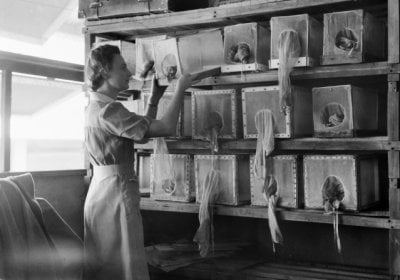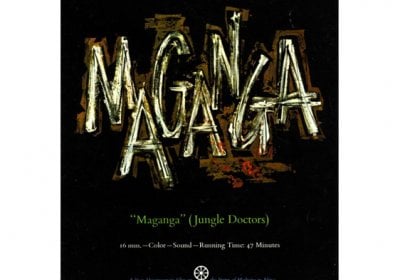Socialist international health and technical assistance
Bio: Dora Vargha is historian of medicine, science and technology at the University of Exeter, based jointly at the Department of History and the Wellcome Centre for Cultures and Environments of Health and is co-editor of Social History of Medicine journal. She has published on vaccine development in Eastern Europe, the Cold War politics of polio, disability in communist Hungary, and epidemic narratives in current global health policies. Her book, Polio Across the Iron Curtain has recently been published with Cambridge University Press.
Abstract: From the establishment of the World Health Organization in 1948, the question of technical assistance was hotly debated by Eastern European countries. Recuperating from the war and undergoing radical political change, countries of the Socialist Bloc were both recipients and donors of technical assistance in a newly forming system of international health. These countries had specific ideas about the obligations of states and the role of technical aid in health that did not necessarily map on the dominant, US-led interpretation. While there is a growing literature on technical assistance and development between Eastern Europe and the so-called Third World, the role of technology and expertise at the intersection of liberal and socialist international health has been little explored. Through the case of hospital building projects and expert networks from a Hungarian perspective, Dora raises the question on how we can understand socialist engagement in international health, and how technical aid among the Second and Third worlds fitted into a broader system of technical aid and international health.
Admission
Contact



